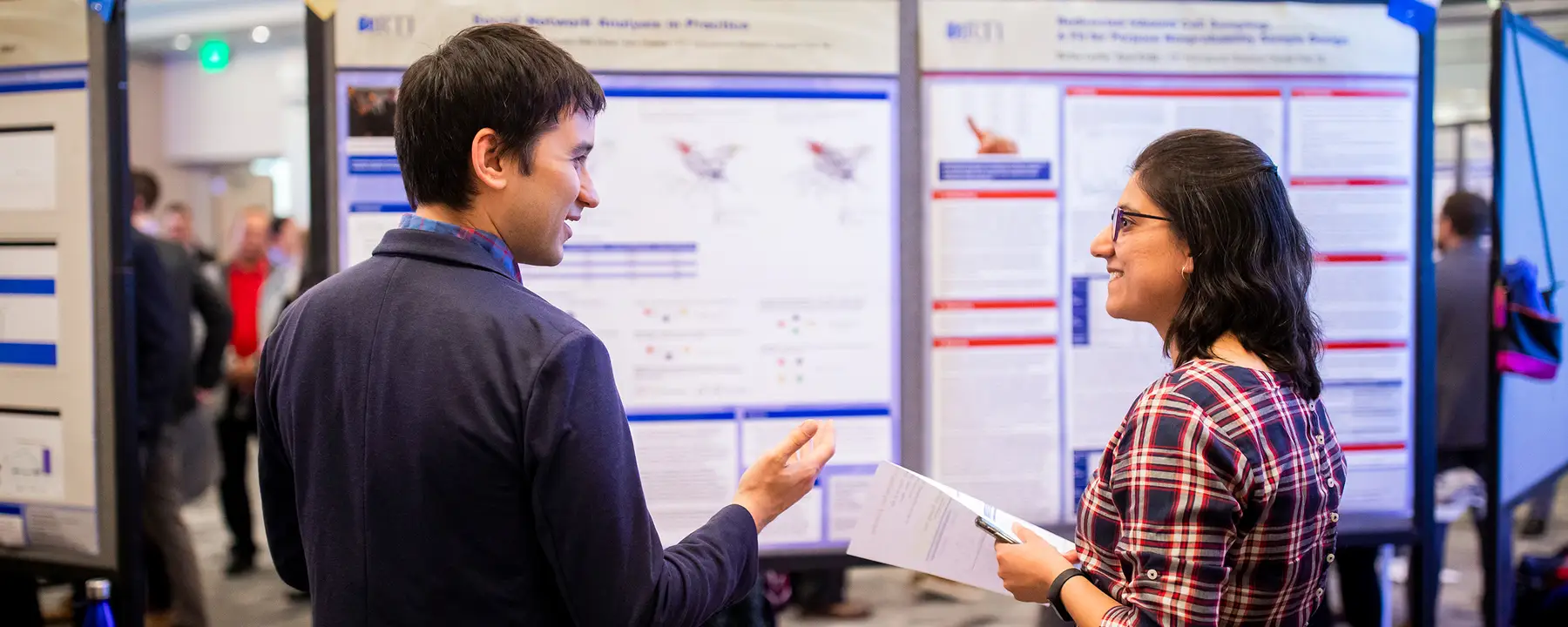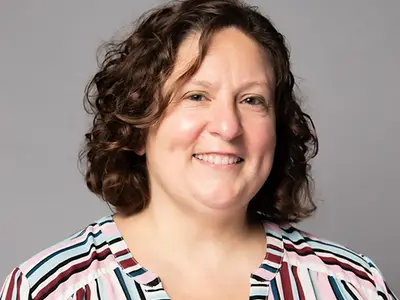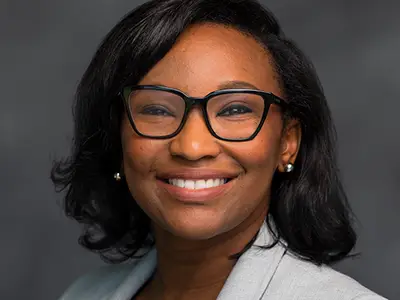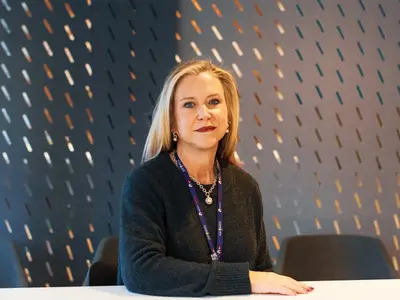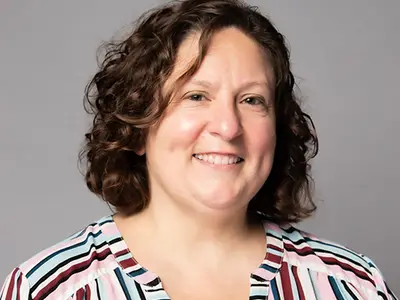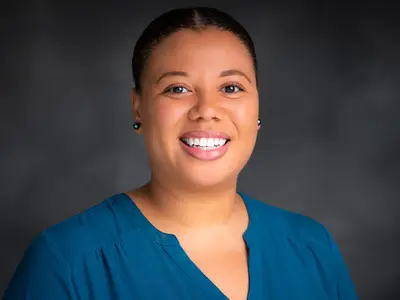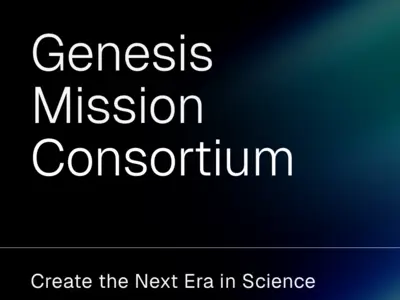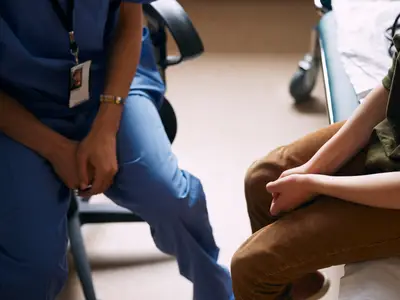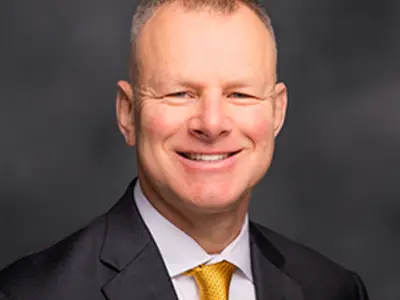
Research Experts
RTI is home to experts across the social sciences, laboratory sciences, international development sectors, and engineering disciplines—each driven by the challenge of solving complex problems and improving the lives of people around the world.
Our thought leaders contribute to the advancement of science and policy by publishing and presenting research results to the scientific community, hosting policy forums and technical conferences, testifying before Congress, and promoting our research results to the media.
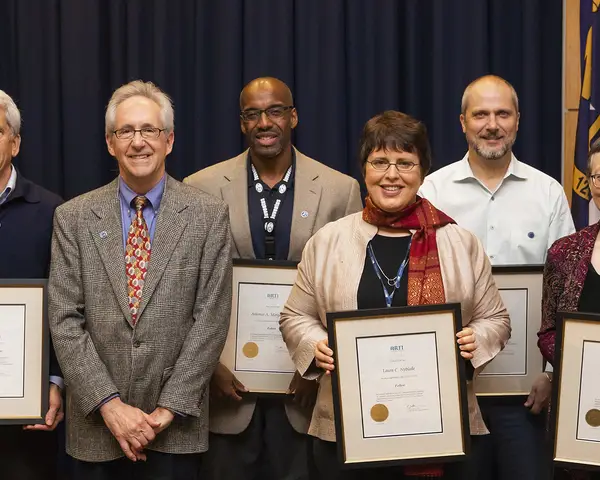
RTI Fellow Program
Integrating our scientific leadership and business strategy, enhancing the impact of our research, and advancing the state of science
